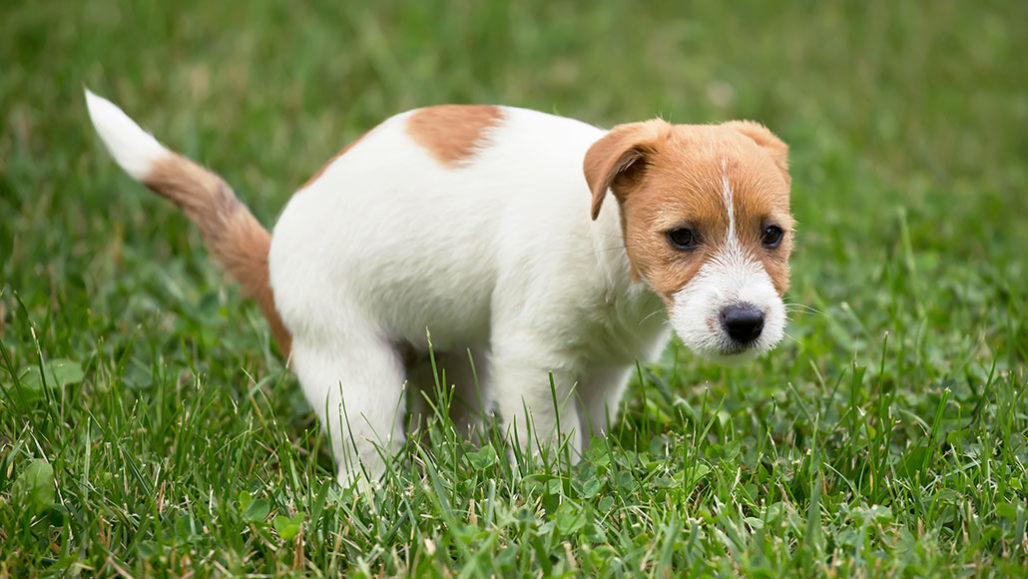bacteria: (singular: bacterium) Single-celled organisms. These dwell nearly everywhere on Earth, from the bottom of the sea to inside other living organisms (such as plants and animals). Bacteria are one of the three domains of life on Earth.
bed bug: A parasitic insect that feeds exclusively on blood. The common bed bug, Cimex lectularius , sucks human blood and is mainly active at night. The insect’s bite can cause skin rashes and welts that look like a mosquito bite.
bug: The slang term for an insect. Sometimes it’s even used to refer to a germ. (in computing) Slang term for a glitch in computer code, the instructions that direct the operations of a computer.
carbon: The chemical element having the atomic number 6. It is the physical basis of all life on Earth. Carbon exists freely as graphite and diamond. It is an important part of coal, limestone and petroleum, and is capable of self-bonding, chemically, to form an enormous number of chemically, biologically and commercially important molecules. (in climate studies) The term carbon sometimes will be used almost interchangeably with carbon dioxide to connote the potential impacts that some action, product, policy or process may have on long-term atmospheric warming.
carbon dioxide: (or CO2) A colorless, odorless gas produced by all animals when the oxygen they inhale reacts with the carbon-rich foods that they’ve eaten. Carbon dioxide also is released when organic matter burns (including fossil fuels like oil or gas). Carbon dioxide acts as a greenhouse gas, trapping heat in Earth’s atmosphere. Plants convert carbon dioxide into oxygen during photosynthesis, the process they use to make their own food.
chemical: A substance formed from two or more atoms that unite (bond) in a fixed proportion and structure. For example, water is a chemical made when two hydrogen atoms bond to one oxygen atom. Its chemical formula is H2O. Chemical also can be an adjective to describe properties of materials that are the result of various reactions between different compounds.
digest: (noun: digestion) To break down food into simple compounds that the body can absorb and use for growth. Some sewage-treatment plants harness microbes to digest — or degrade — wastes so that the breakdown products can be recycled for use elsewhere in the environment.
environment: The sum of all of the things that exist around some organism or the process and the condition those things create. Environment may refer to the weather and ecosystem in which some animal lives, or, perhaps, the temperature and humidity (or even the placement of things in the vicinity of an item of interest).
excrete: To remove waste products from the body, such as in the urine.
excretion: The process of removing waste products, which are produced by every living organism.
itch: A sensation on the skin that causes a person or animal to want to scratch. Itch sensations can be short-lived, such as when they are caused by a mosquito bite, or they can be chronic, even lasting for years without relief.
kidney: Each in a pair of organs in mammals that filters blood and produces urine.
membrane: A barrier which blocks the passage (or flow through) of some materials depending on their size or other features. Membranes are an integral part of filtration systems. Many serve that same function as the outer covering of cells or organs of a body.
organism: Any living thing, from elephants and plants to bacteria and other types of single-celled life.
oxygen: A gas that makes up about 21 percent of Earth's atmosphere. All animals and many microorganisms need oxygen to fuel their growth (and metabolism).
particle: A minute amount of something.
waste: Any materials that are left over from biological or other systems that have no value, so they can be disposed of as trash or recycled for some new use.

